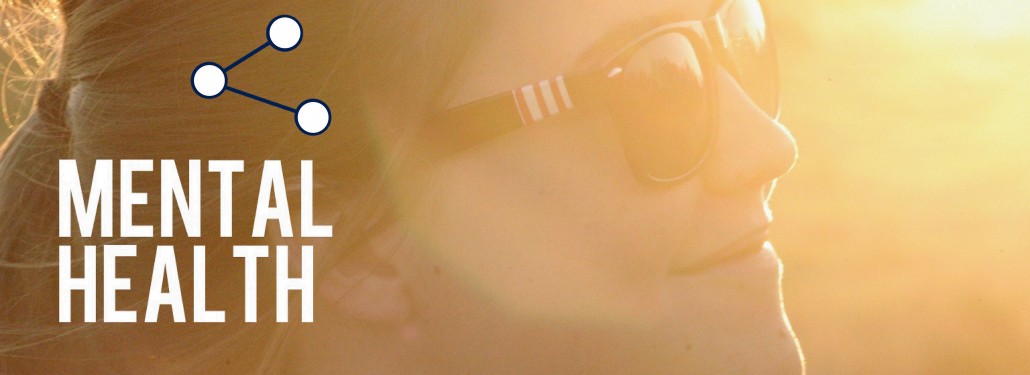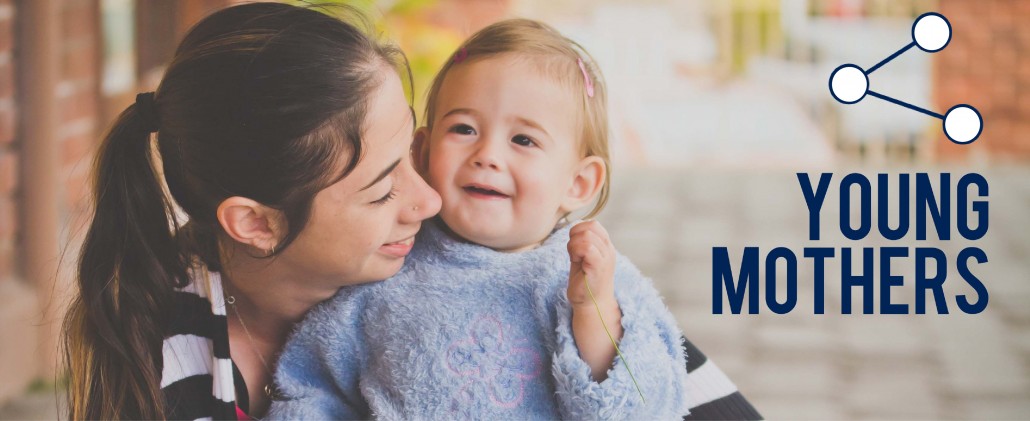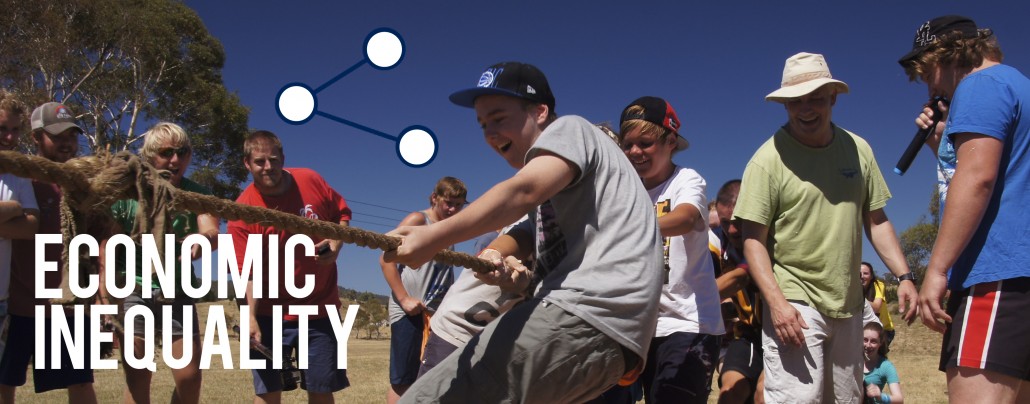Click through the infospots below for information of how practically, Young Life aims to make a difference.

We celebrate and honour the youth and adults in our community who are indigenous Australians.
BEING Indigenous is not a disadvantage, it is something to be PROUD of.
But through the process of Australia’s colonisation, and prolonged legal and societal inequality and discrimination, where disadvantage was entrenched and supported for generations, we now see a situation where factors of disadvantage are still experienced by our indigenous young people. We stand with those who say “sorry” for the part our past generations played in the injustice of this.
Indigenous young people are disproportionately exposed to a broad range of risk factors including:
• ongoing grief and loss
• discrimination
• family issues
• housing and health concerns
• comparatively low incomes
• higher unemployment rates
• poorer education outcomes, mostly due to early disengagement from school.
Young Life exists in several communities where we have the privilege of walking alongside indigenous young people. We feel we learn from them, at the same time as we are able to earn the right to speak into their lives, and encourage their dreams for the future.
• In New England, we work in an indigenous primary school through chaplaincy and volunteers who visit to spend time with the students, and we have a special interest in encouraging indigenous youth with leadership potential through a “Young Life Leadership Board”, of which the majority of participants have been of Aboriginal descent.
• In the Central West, we connect through annual Water-Ski tours to remote communities, where the purpose is to give young people some great memories, and let them know that they are remote, but not forgotten. We give them new skills and experiences, and challenge them through big group talks and one-on-one engagement.

Mental illness is now so prevalent amongst young people that Beyond Blue estimates one in four aged 16-24 years experience a mental health condition, with anxiety disorders now joining depression at the top of the list.
Former Young Lifer and now Head of Emergency at Tamworth Base Hospital, Dr Chris Trethewy, has shared with us: “You can track though emergency departments ‘self-harm’, and we think that six to seven percent of Australian youth harm themselves in some way every year; it’s unbelievable.”
At January’s National Summer Camp, we run an elective seminar every year on mental health, to discuss mental health in an open manner and give young people strategies to cope, and overcome.
Young Life’s Ben Staunton helps lead the session, sharing his personal journey with depression.
“I asked them as a group if anyone knew someone with depression, and all of them put their hands up,” Ben said. “A number of them came up afterwards to talk about their own personal experiences, whether their own struggle with mental illness or with their friends who have gone through it.”
We are delivering training all our leaders, and those in our community, in the important qualification of Mental Health First Aid, as one of our Young Life Regional Managers is certified to the training and does so around Australia.
Though the young generation are much more informed about mental health, we believe adults have a role in connecting that theoretical knowledge to “real life” and practical health management; so youth don’t get trapped in defeatist attitudes, but are encouraged and equipped to cope, and thrive.

Although many young women find raising a child to be a positive and rewarding experience, the social issues that can be linked to teenage pregnancy include:
- The young woman not being able to finish her education, which can lead to long-term unemployment or job options that are not secure or well paid
- Being dependent on welfare or on a job that is not well paid, putting the young woman under more financial pressure, which often leads to poor housing arrangements and not being able to afford basic necessities
- A lack of acceptance, support and understanding from the young woman’s family and friends
- Being more at risk than older mothers of maternal mental health issues, such as postnatal depression, possibly due to a lack of support, being isolated from friends and family, or financial pressures.
(taken from www.betterhealth.vic.gov.au, last updated 22.6.2015)
Young Lives is a Club that operates in Bathurst for teenage mums to offer friendship, support and mentoring.
It provides the same brand of Young Life fun as all of our other activities, but also the extra encouragement and guidance every woman needs as they take the step into motherhood.
Not only are mentors there for the mums through all their ups and downs, but the mothers will get a chance to learn practical tips and tricks on mothering, coping skills
and living well: helping them to thrive in their parenting and other life goals.
It’s a warm, vibrant, non-judgemental environment, and we are so excited to see the positive impact it’s making on the young mums coming along.
RACHEL’S STORY
1/ How did you find out about Young Lives?
I was shopping in the mall when one of the Young Lives mentors tapped me on the shoulder and invited me to club.
2/ How have you found it, now you’ve been coming for a while?
I have found Young Lives good and very helpful. Since I joined, a few other young mums have joined the group and I have gotten to know some more leaders.
3/ How does going through your motherhood journey with other girls make a difference?
My motherhood journey has and will be very different. I’m able to get more advice on parenting and it will help with loneliness.
4/ How does it make a difference to have the leaders there for you and your baby?
I love all the advice that they can offer me. It will make parenting easier. I said to Ansia ”At last I’ve found a group that is helpful”.
5/ Do you feel it’s made a positive impact on you personally?
Yes – I’m not sure how to put it. I was alone and a single mum and it has helped me a lot.
6/ What is one hope you have for your baby?
Just that she would be healthy and have a good life – not like my life when I was growing up.

Socio-economic status is a broad term that is determined by a range of factors: material resources, social and economic participation, education and health, political or community participation, as well as access to services (Scutella, 2009). In terms of youth, as dependents, these things are determined by family situation.
Young Life works in several communities where our young people face these factors, and the lack of opportunity that can be associated with these, and have the privilege of walking alongside them. Instead of statistics, we see young people who don’t think they can make it to a camp, because their family can’t afford it.
Young Life, as much as possible, offers activities that are free of charge, so no one is excluded. We say that cost should never be an issue, and we try and give all our young people experiences that will give them the confidence and hope for a bright future.
Volunteers supply snacks for our weekly clubs, we do free school breakfasts in local high schools, and in the Central West, we run free water-ski days for youth who do not have access to these activities.
For our local camps, we keep the cost very low and often subsidise young people to come. For our Summer Camp, we run fundraising initiatives to subsidise the cost, and do whatever we need to do to help a young person come.
Over the years, we have seen young people come out of disadvantaged homes but through great choices that they make for their own lives, they are thriving in jobs they love, with families of their own and very much engaged in the community and helping others. These are the stories we love to be a part of.
Some of the ways we see young people impacted by economic disadvantage is disengagement from education, which is why we try and come alongside schools in every community we are in.
Aside from the free breakfast we often run, we often help out with sports coaching or extra-curricular activities like concerts and cultural days. Several of our staff and volunteers, through chaplaincy or engagement with school welfare departments, run values-based courses with disengaged students on identity, anger management and friendship, and have seen students become more reengaged and positive about their school life as a result.
